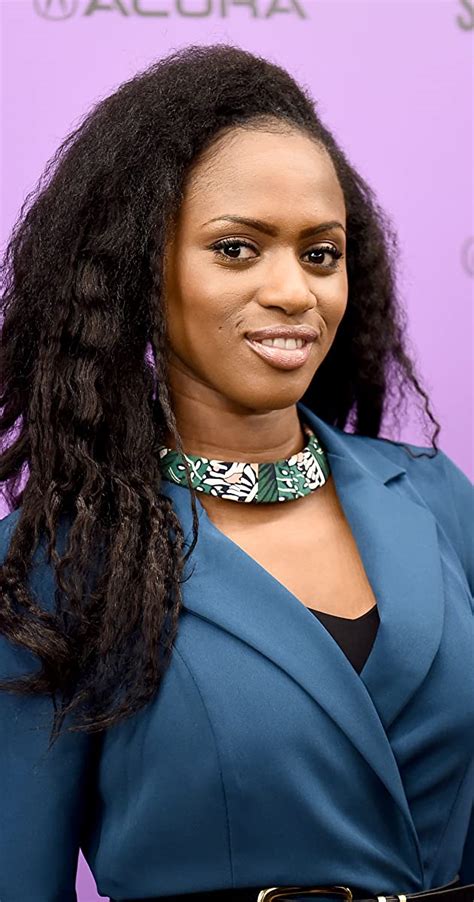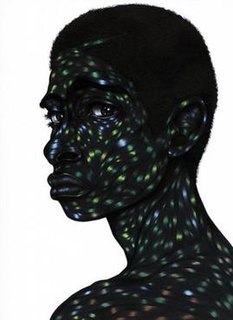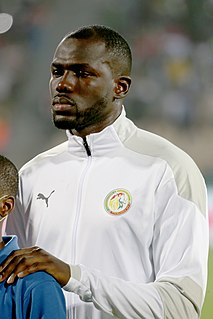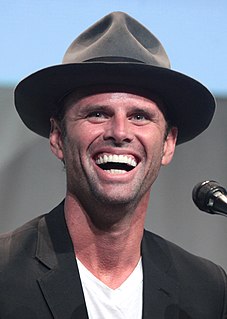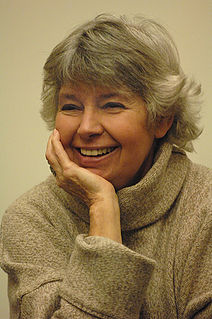A Quote by Maimouna Doucoure
We're used to saying that women in other cultures are oppressed, but the question that I had when making the film was: Isn't the objectification of a woman's body that we often see in Western culture another kind of oppression?
Related Quotes
The foreign audiences are somewhat surprised and happy to find an American film that asks questions about American culture. There's a certain kind of cultural imperialism that we practice. Our films penetrate every market in the world. I have seen and have had people reflect to me, maybe not in so many words or specifically, but I get the subtext of it - they're somewhat charmed and surprised and happy to see an American film reflect on our culture. Because they see other cultures reflect on our culture but they don't see US culture reflecting on itself in quite the same way.
For a while, I was nervous about portraying women because of the objectification that automatically comes with it, whether the artist intends or not. With "Of Another Kind," I've not so much drawn nudes - I hate saying "nudes" because it's not a spectacle - but portrayed people naked. I see them in a more straightforward way - exposed, but with no indication of who or what they are; they're just there.
All cultures have things to learn from all other cultures. Don't get stuck in your culture! Go beyond it! Get out of your aquarium; get out of your farm; get out of your castle; break your bell jar! Give chance to other cultures and to other opinions! This is the best way for you to see the insufficiencies, absurdities and stupidities in your culture!
It's about something that I'm extremely passionate about: exploring other cultures, how Americans are perceived by other cultures and how we perceive other cultures through our worldview. I travel whenever I get an opportunity to do so, and I think this country is ready for a show on television that is bilingual and really puts front and center another culture, both as the protagonist and the antagonist.
There’s a saying in Africa, if you give a woman empowerment, you empower a community, you empower men, you empower man. When women become empowered and live in their strength it’s beneficiary to others, and I think as young women today we sometimes forget that we are standing on the struggle of other women. Those women had to stand up to make a change, and they were not popular, and now we’re making them unpopular again.
Comics are reflective of what's going on in larger culture. Wonder Woman came to be in her position when women were first entering the workplace in numbers during the war. Then Wonder Woman had another rise in the '70s when Gloria Steinem latched on to her as an icon for the [feminist] movement. I think we're seeing another wave of feminism today, a fourth wave characterized by intersectionality and the internet. And I think it falls right in line that we would see another wave of superheroines coming to the fore.
